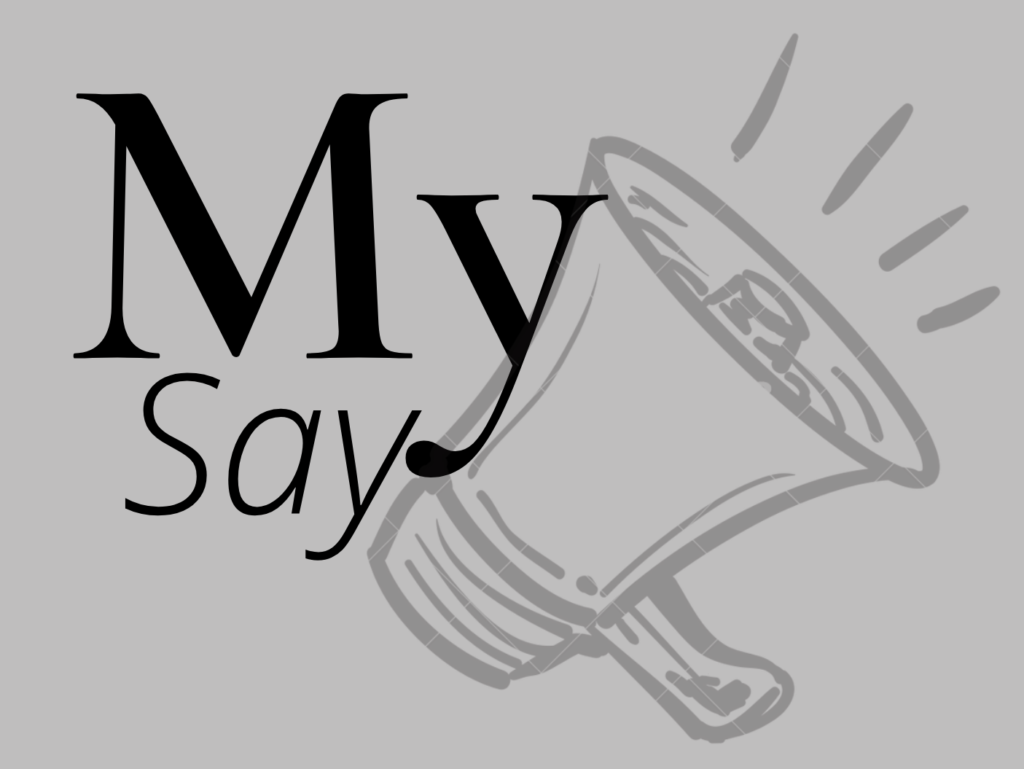By KEVIN MILEHAM MP, Democratic Alliance (DA) constituency leader, Makana
They say that those who don’t learn from history are doomed to repeat it.
In politics, the things one needs to learn are the rules of the game. Any party (or organisation, front, movement, congress) contesting elections in South Africa needs to know a few basics. Like how to register with the IEC, create an effective and competent operational structure, work with other political parties, and what your own internal rules (typically a constitution) provide.
The recent upheaval in one political party in Makana is a stark reminder of the situation in 2011 when Makana Independent New Deal (MiND) won a single seat on the council. The internal machinations over that seat ended up in court, and ultimately the seat remained vacant for most of the term after the party de-registered with the IEC.
This is frequently the case with smaller parties lacking institutional knowledge or seeking to “change the status quo” without first going through a comprehensive establishment process. We shouldn’t be surprised, though: we’ve seen it before in Agang, the PAC and COPE. What starts with much promise (often because it is “against” something rather than standing on its own merits) breaks down as politics of the stomach and personalities triumph over the day-to-day grind that is realpolitik in South Africa. This internal factional chaos merely strengthens the ANC because it contributes to a divided opposition.
The first and most fundamental issue that needs to be decided when contesting elections is what you stand for. What are your values? What are your principles? These will guide your policy positions and stance on various issues in council, the provincial legislature and parliament.
The second is a clear indication of who is in charge. This needs buy-in from those you purport to represent, in that there should be a transparent internal process to elect the leadership of the organisation. This needs to be through a procedure agreed upon by all participating and highlights the need for an accurate record of who is entitled (usually through membership) to participate in the process.
Your values, principles, structures and procedures need to be codified so that all can access them and know what the rules are. There must also be some internal mechanism for upholding and enforcing the rules. Equally, there must be an agreed-upon method to change your constitution.
Good governance (whether on one’s own or in a coalition) relies on internal stability within the party. It requires a shared vision, direction and sense of purpose, both from the public representatives and the rank-and-file membership. Where that fails, or where, as so often happens, a different faction seizes control of the party resources, all thoughts of governance go out the window, and it becomes all about positions. This is especially true of smaller partiers, where a leadership change often results in a radical shift in direction, and ultimately spells the death knell of the party.
This is where the DA is different. We have a clearly defined set of values – Freedom, Fairness, Opportunity and Diversity – which have been comprehensively debated, workshopped internally, and adopted at various Federal Congresses, thereby becoming part of our party Constitution. We have, in our DA Constitution, the non-negotiable principles on which we base our policy, including: the defence and promotion of the fundamental rights and freedoms of every person (including the right to freedom of conscience, speech, association and movement); the supremacy of the South African Constitution and the rule of law; equality before the law; the separation of legal, executive and judicial power; the devolution of power to locate government as close as possible to the people; and the right of all people to private ownership and to participate freely in the market economy.
Our Constitution sets out how leadership is elected at various levels within the party – a practice we have followed faithfully and without violence or intimidation for more than 20 years. It describes how we hold our public representatives to account and establishes a disciplinary framework for all our members – whether public representatives or not. Our Federal Legal Commission is established to resolve all disputes (in terms of the Constitution) and manage any disciplinary processes. We have established procedures for selecting candidates, which are reviewed regularly, and provide, as far as is possible, for the promotion of competent, diverse and experienced candidates who achieve their positions based on merit, as opposed to who they know.
The DA difference is evident in the municipalities and province that we govern. It is evident in the stability of our caucuses – even when we disagree internally on a matter, we debate and accept the outcome of that debate. And where someone steps out of line, we take firm action against them.
Despite our setback in Makana in the last election, the DA is rebuilding and regaining voters’ confidence. Hopefully, voters will vote for a stronger DA to challenge the ANC, having now experienced the pitfalls of splitting the vote and supporting fly-by-night political start-ups. Because that’s how democracy works.


